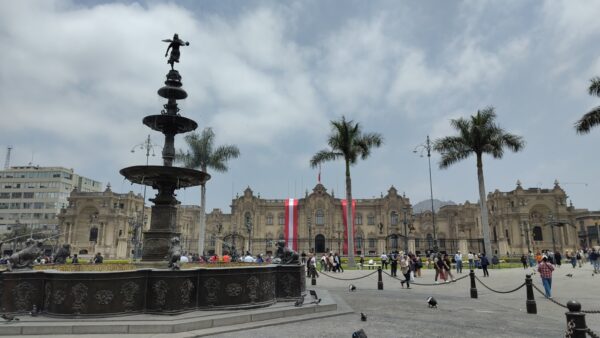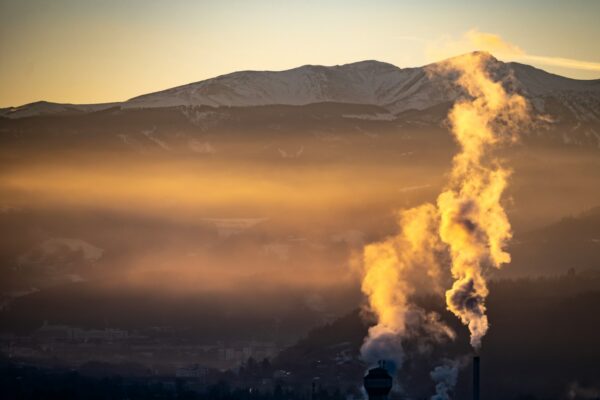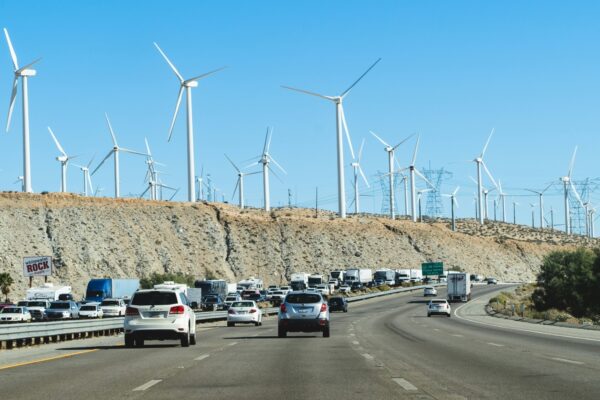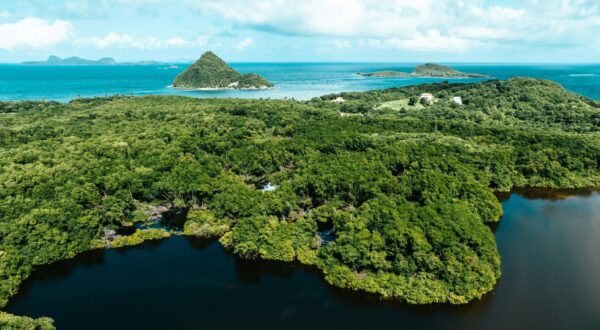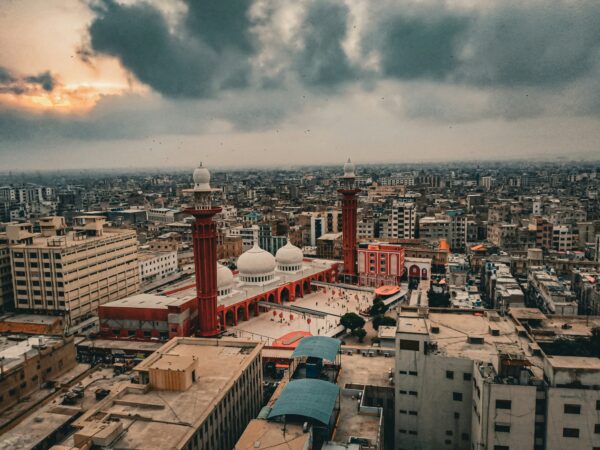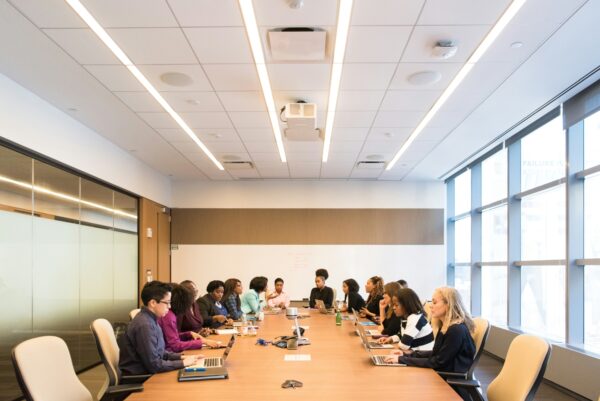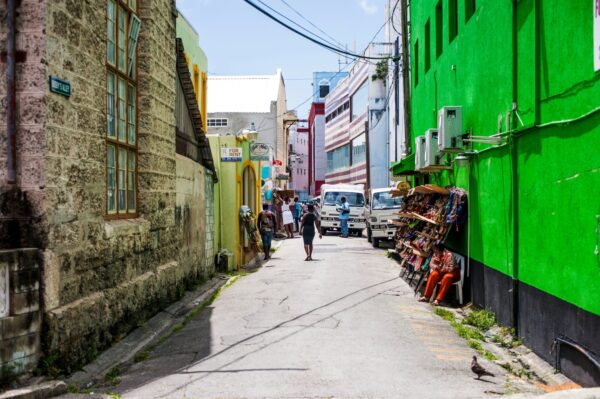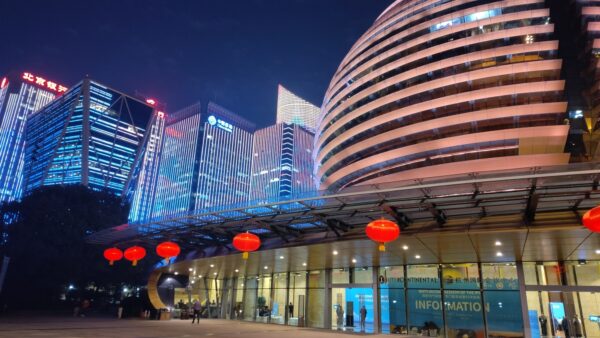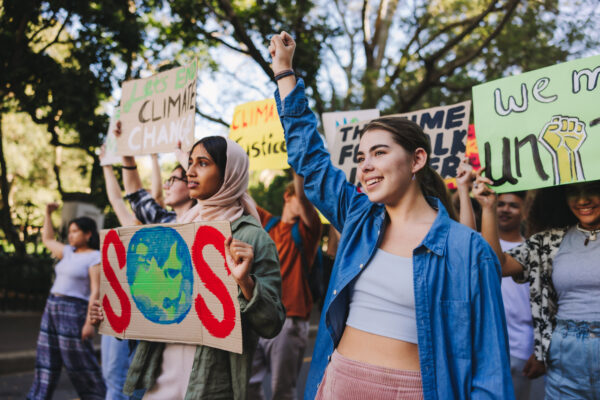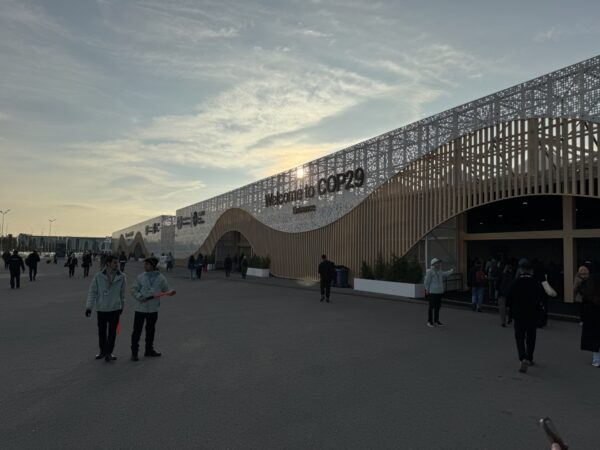Delay tactics at IPCC-61 could put science inputs to the UNFCCC at risk
The latest Plenary of the Intergovernmental Panel on Climate Change (IPCC) has just concluded in Sofia, Bulgaria. Despite days of deliberation, delegates were not able to agree on delivering the next round of reports in time for the second global stocktake, despite a request to do so from governments in the first global stocktake outcome agreed in Dubai last year.
Share

The latest Plenary of the Intergovernmental Panel on Climate Change (IPCC) has just concluded in Sofia, Bulgaria. Country delegates and the IPCC’s elected Bureau, headed up by Chair Jim Skea, had a clear plan going into the seven day session. However, despite days of deliberation, delegates were not able to agree on delivering the next round of reports in time for the second global stocktake, despite a request to do so from governments in the conclusions of the first global stocktake in Dubai last year.
An up to date assessment of the science will be an absolutely critical input to the global stocktake, the key mechanism of the Paris Agreement to assess collective progress against its goals, which will then inform the third round of countries’ climate targets (nationally determined contributions). The global stocktake would run from 2026 to 2028, and June 2028 is the anticipated deadline for technical inputs - though the exact scheduling of the different phases is still to be agreed under the United Nations Framework Convention on Climate Change (UNFCCC).
If the IPCC is unable to deliver its assessment reports in time, the scientific basis for the global stocktake will be substantially weakened, and unlikely to feature as comprehensive or up to date information. It will also be undermining to the IPCC itself, as its outputs would become much less policy relevant.
Work in the AR7 cycle is able to continue for now, with a joint scoping meeting for all three Working Group reports already in the calendar for December in Malaysia. However, this does kick the can further down the road and puts more pressure on the next IPCC Plenary in February next year. This meeting is now expected to agree all outlines for the three Working Group reports of the AR7 cycle, as well as their schedule.
This isn’t unprecedented, in fact it’s in line with previous practice and IPCC principles and procedures, but if no agreement can be reached, like in the previous two sessions, it would risk that work on the reports would be stalled.
What was expected from IPCC-61 in Sofia?
IPCC-61 was the second meeting with the newly elected Bureau, including the chief scientists, or Co-Chairs, who will lead the body’s AR7 Cycle.
The big ticket items for agreement were:
Schedule for the next round of reports.
Outline for the scoping for the Special Report on Cities - the only special report this cycle.
Outline for the Methodology Report on how to calculate short-lived climate forcers in greenhouse gas inventories.
What got done?
The outline for the Special Report on Cities was agreed, which allows for work to get underway in full and the call for authors to be issued soon after the plenary. This was a high priority as the report will be the first of the cycle, due in 2027. It will deliver science on cities in a changing climate and solutions, including the role of cities in limiting global warming, and relevant information for the global goal on adaptation. It will also be able to reflect on the unique circumstances of different cities around the world, including those in small island developing states and least developed countries, who are on the frontlines of climate impacts.
An outline for a Methodology Report on short-lived climate forcers has also been agreed, to provide guidance for governments to report on a number of forcers, including particulate matter and hydrogen. It is also scheduled for release in 2027. It’s important to note that this guidance would not be binding as the IPCC is not policy prescriptive, it will need to go through the UNFCCC once published, before the methodology is agreed. A list of full decisions are here.
Increasing pushback on the science
Science coming out of the IPCC has been fundamental to the climate negotiations for decades: notably providing evidence for revising the 2°C Temperature Goal established in the 2010 Cancun Agreements to 1.5°C in the Paris Agreement.
But the success of this body has also established it as a key intervention point for some governments, which for a myriad of reasons, do not want to see increased ambition from the climate negotiations. This was also seen in June at the Bonn negotiations, where science items were contentious, and agreement wasn’t reached until the very last minute.
The planning schedule for the upcoming cycle was the biggest example of this pushback at this meeting. A majority of governments, including those from small islands and least developed countries, were advocating for all of the Working Group reports to be ready by June 2028, in time to be used as inputs for the second global stocktake.
Working Group I, amongst other things, will provide an update on current warming. The Working Group II report, alongside the update to the 1994 technical guidelines for assessing climate change impacts and adaptation, will strengthen the quantification and evidence-base for adaptation, and Working Group III will provide the latest on emissions reductions and relevant benchmarks.
However, a group of countries including China, India, Saudi Arabia, Russia, South Africa, and Kenya joined together to argue against creating this deadline, citing concerns that there would not be enough time to produce literature, especially in developing countries, and assess the science, and that this would create a less inclusive cycle.
This would mean that the global stocktake would not be able to draw on the best available science at the time, and that future IPCC report cycles would also not be able to deliver science in time for future global stocktakes, which have a five-year cycle, making them redundant to the critical ‘ratchet up’ process for new nationally contributions set out in the Paris Agreement.
A letter from over 40 developing country authors, led by a former IPCC Vice Chair from Mali, Dr Youba Sokona, made the rounds ahead of the meeting, arguing that without IPCC science, the global stocktake would have even less input from developing country voices. It argued that better representation to date had been achieved through deliberate efforts, rather than longer timelines.
Concerns about the under-representation of developing country voices are legitimate but can be better addressed by redoubling efforts to enhance these voices in the IPCC, rather than through delay. Ensuring timely IPCC input to the second GST is essential for effective global action on climate change and for the voices of developing countries to be adequately represented.
Multiple other representatives from developing countries, small island developing states and least developed countries in particular, argued in the plenary that the IPCC was a key vehicle for inclusive science to be featured in the global stocktake and that any delay was not acceptable given the state of the climate crisis.
The exponential growth in scientific literature means that there is more than enough science to assess. Between the cut off dates from the previous cycle, and a proposed cycle in time for the global stocktake, lies about six years of scientific literature. This is a lot. For Working Group I, it’s estimated that there will be the same amount of literature to assess by the end of 2024 as there was in all of AR6.
Next steps
Looking ahead, the December scoping meeting for the Working Group reports must be as inclusive and representative as possible. All voices need to be heard in this process, especially the most vulnerable countries.
The full AR7 cycle will consist of:
Special Report on Climate Change and Cities, due in March 2027
Methodology Report on Inventories for Short-lived Climate Forcers, due July 2027
Methodology Report on Carbon Dioxide Removal Technologies, Carbon Capture Utilisation and Storage, due by the end of 2027
Working Group I - The Physical Science Basis
Working Group II - Impacts, Adaptation and Vulnerability and updated 1994 IPCC Technical Guidelines on impacts and adaptation
Working Group III - Mitigation of Climate Change
Synthesis report of the Seventh Assessment Cycle
The IPCC needs to strive to retain its policy relevance and to inform the second global stocktake. The next IPCC plenary in February will be crucial. To explore all options, the IPCC could also think carefully about which sequence of reports makes the most sense scientifically and in terms of workload - the IPCC-60 Decision allows for the Panel to revisit the sequencing of reports.
Delaying taking a decision is also a decision in itself, and there are clear losers from lack of delivery on climate science.



